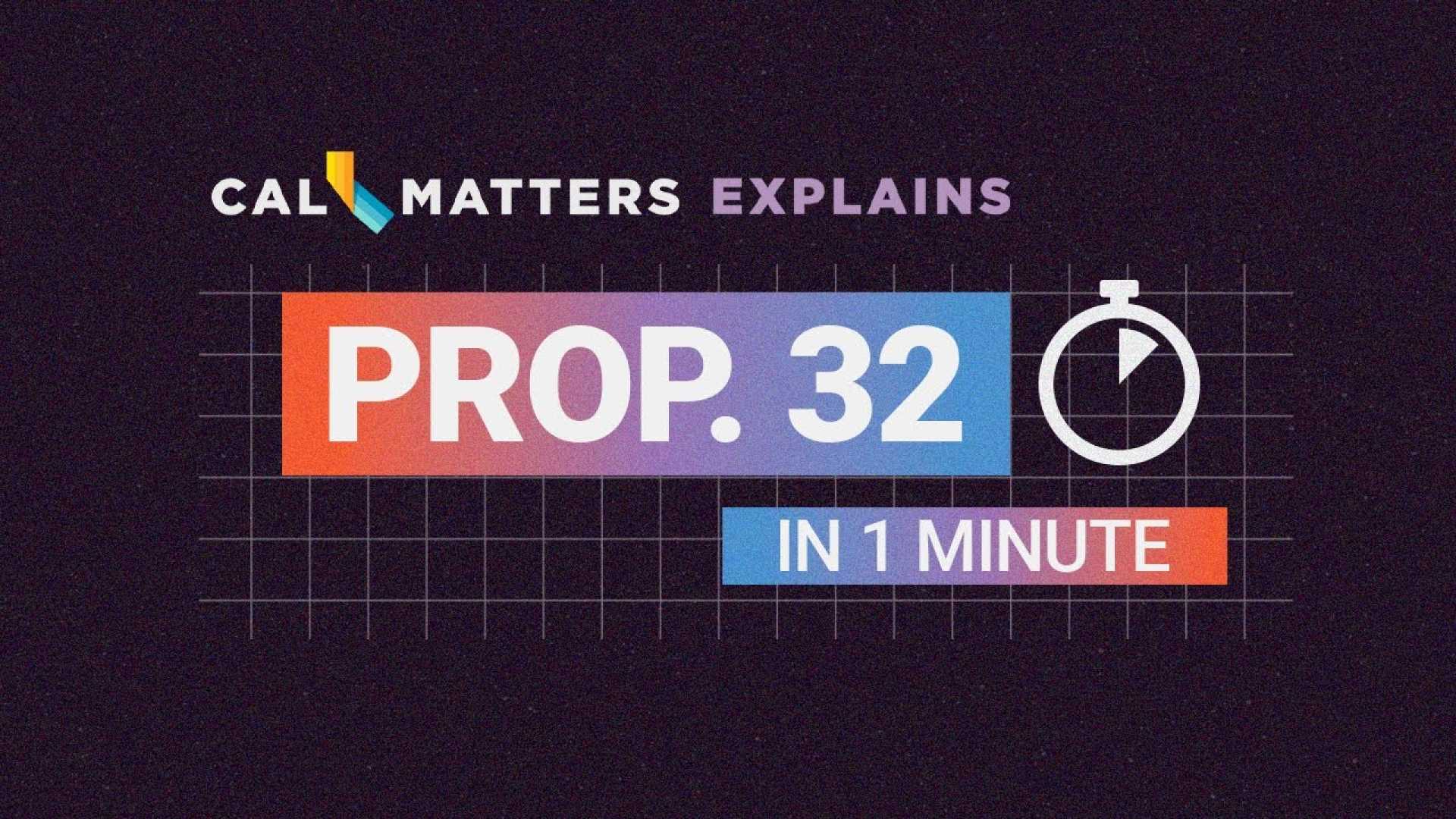News
California Proposition 32: Raising the State Minimum Wage to $18 by 2026

California voters are set to decide on Proposition 32, a ballot initiative that aims to increase the state’s minimum wage to $18 per hour by 2026. If approved, this measure would mark the first statewide wage hike in nearly a decade. Currently, the minimum wage in California is $16 per hour, a rate that was established through legislation that incrementally increased the wage to $15 by 2023 and then adjusted for inflation.
The proposal outlines a phased implementation. For employers with 26 or more workers, the minimum wage would rise to $18 per hour on January 1, 2025. For smaller employers with 25 or fewer workers, the minimum wage would increase to $17 per hour on January 1, 2025, and then to $18 per hour on January 1, 2026. After reaching $18 per hour, the minimum wage would continue to adjust for inflation, with annual increases capped at 3.5%.
The measure would not affect industries where state or local laws mandate higher minimum wages. The California Legislative Analyst’s Office has estimated that if Proposition 32 passes, it would pause the current inflation adjustments until 2027 and then resume them. If the proposition fails, the minimum wage would continue to increase based on inflation, potentially reaching about $16.50 per hour in 2025 and $17 per hour in 2026.
Supporters of the measure, including the Yes on California Living Wage Act campaign, argue that higher wages are necessary to meet the basic needs of many households. Studies have shown that previous minimum wage increases in California have had positive impacts on wage gains for lower-income workers without significant negative effects on employment rates.
However, opposition from business groups such as the California Chamber of Commerce and the California Restaurant Association has been strong. These groups argue that the increased wage could exacerbate the financial challenges faced by small businesses, particularly those still recovering from the COVID-19 pandemic. They also point out that consumers may face higher prices for products and services as a result of the wage increase.
The proposition requires a simple majority (50% plus one vote) to pass and is part of a broader national discussion on addressing poverty and income inequality through policies such as guaranteed income programs and expanded child tax credits.












